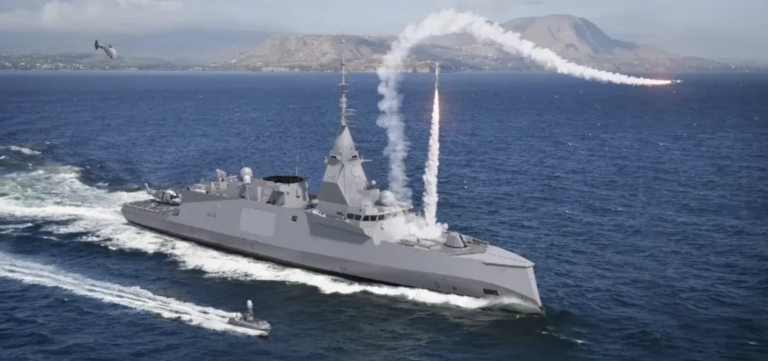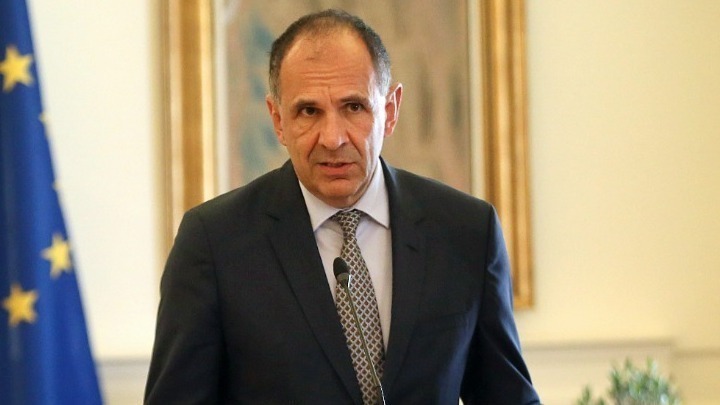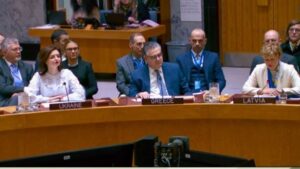Natural phenomena and historical facts may change, but geography does not change, Greek Foreign Affairs Minister George Gerapetritis said in an article published by ‘Parapolitika’ newspaper on Saturday, referring to the Greece-Türkiye High-level Cooperation Council taking place in Athens on December 7.
Greece belongs to a complex region with multiple ethnicities, changing borders, and continuous clashes. In this environment, “Greece and Türkiye have experienced historic phases of fluctuating tension and recession,” but the current set of circumstances is positive for the relations of both countries, he adds, naming strong governments with recent political legitimization, a long period of calmness in the Aegean, and an expressed willingness to improve bilateral relations.
Gerapetritis says that the country is coming to the upcoming High-Level Cooperation Meeting with Türkiye “with a sincere sense of collaboration, yet without ignoring or overlooking fundamental differences in international policy,” including in the Middle East crisis and on bilateral level. Greece is explicit in terms of national sovereignty; these issues “are under no circumstances a topic for discussion,” but it looks to a mutually beneficial agenda based on trade and economic measures and confidence-building measures, focused on the defensive and military dimension.
Greece “is well prepared for every diplomatic outcome,” he says, adding that “only when conditions mature will we be prepared to discuss our single difference that could be brought before international jurisdiction, that of the delimitation of the continental shelf and the exclusive economic zone.”
The Greek government welcomes the Cooperation Council “with knowledge and seriousness and with the focus on the future generations. It is to them we have a duty to leave as legacy a quiet international negibhorhood that will contribute substantially to the prosperity and progress of our country,” he writes.










